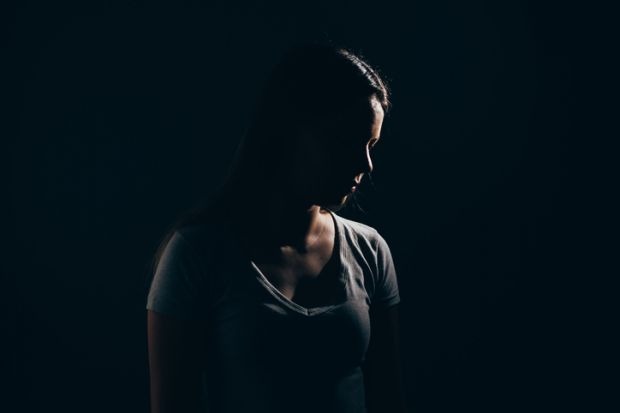Female students at UK universities were more than twice as likely as male students to have been affected by poor mental health in recent years, new analysis suggests.
The report, by the Policy Institute at King’s College London and the Centre for Transforming Access and Student Outcomes in Higher Education, also found much worse mental health among white students, those who went to state school, and members of the transgender community than the average population.
It found that between the 2016-17 and 2022-23 academic years, the share of undergraduate students at universities across the UK who said they had experienced mental health difficulties almost tripled from 6 per cent to 16 per cent.
The analysis – which draws on a dataset of 82,682 respondents from the annual Higher Education Policy Institute and Advance HE Student Academic Experience Survey – shows experiences of mental health among undergraduates are deeply unequal, with some groups much more affected than others.
Looking at averages across the seven-year period, it found female students (12 per cent) are more than twice as likely as male students (5 per cent) to say they have been affected by poor mental health.
And while researchers found a rise in incidences for everyone, the increase among female students is far greater than among their male classmates.
“While female students have a higher incidence of mental ill-health than their male peers in our data, suicide rates are skewed towards young men,” the report says.
“It is important that we not conclude that support can be withdrawn from male students, who remain at greater risk of the very worst of outcomes.”
Non-binary students (42 per cent) were more likely still to suffer, but researchers said they represented a much smaller proportion of the sample and were only captured in two waves of the data.
Michael Sanders, professor of public policy at the King’s Policy Institute, and author of the study, said: “It’s clear the experiences of mental ill health among students are deeply unequal, and exist along much the same lines as in society at large, with those from the most disadvantaged backgrounds or who often face discrimination being most likely in general to report struggles with their mental health.”
When it comes to gender identity, trans people (30 per cent) are more than twice as likely to experience mental health difficulties during their studies than those who identify with the gender they were assigned at birth (12 per cent).
White students and those of mixed race (12 per cent) had worse mental health than their peers from other ethnicities.
And undergraduates who attended state schools (15 per cent) had on average worse mental health than their peers who attended private school (11 per cent).




